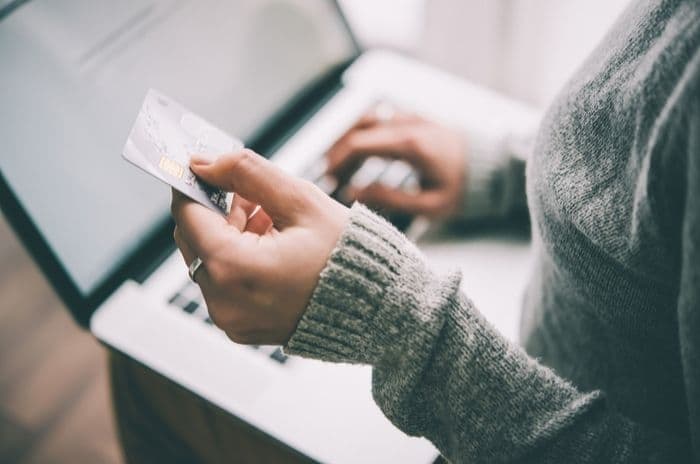Home > Money > News > Customers still being asked to pay illegal card surcharges
Customers still being asked to pay illegal card surcharges
An investigation by the BBC has revealed numerous businesses still applying surcharges to card payments, despite them being illegal for over a year.
Research has revealed that customers are still paying hundreds of pounds in illegal card surcharges, despite the practice being banned for over a year.
The investigation, conducted by the BBC, uncovered a variety of businesses who were illegally charging customers for making payments by card.
A spokesperson from the Federation of Small Businesses says that this could simply be an 'honest mistake'.
Card surcharges were banned in January last year, as were charges for paying by PayPal.
A response from the Chartered Trading Standards Institute was very clear on the matter. They say that anyone who has incurred a card surcharge has the right to return to the retailer and get their money back. They also recommend notifying Trading Standards.

Who is still charging illegally?
The BBC investigation turned up nine businesses of all shapes and sizes who were still applying a surcharge to those paying by card. Some of the worst offenders included:
- The University of Hull: Students who paid their tuition fees by means other than a credit card could get a 2% discount on the cost. Although not a surcharge as such, the effect is the same, with students paying £170 more. The University has apologised and refunded all affected students.
- Nissan Finance: A car buyer in Whitby, North Yorkshire, was told she would have to pay an extra £375 for paying off her car using a credit card. Nissan say they have updated their terms and removed this surcharge following the investigation.
- Rose Motors: A car dealer in Birmingham said a 3% charge would be added to the price of a vehicle if the buyer wanted to pay by card. On a purchase of a car worth £4,795, this meant an additional cost of £143.85.
- Estate agents: Undercover reporters from the BBC discovered numerous estate agents across the country who were applying charges of between 2-3% for card payments. They claim it was a genuine mistake and have now updated their policies.
Many other businesses were discovered to be applying card surcharges. Whether it's 50p at the local Chinese takeaway or a percentage fee on a large purchase, it's all against the law.
The BBC fear that this is just the tip of the iceberg and have warned consumers to be aware of their rights and not to accept any type of fee related to the way they pay for goods or services.
The ban on card surcharges
As long ago as 2011, the issue of unfair surcharges was being discussed by the Office of Fair Trading (now defunct). Back then, airlines were beefing up the price of fares by as much as 30% if passengers didn't pay for their tickets on the right type of card.
But they weren't the only ones, with shops, cinemas, hotels and estate agents all brought under the spotlight by a consumer group 'super-complaint'. The complaint resulted in a slap on the wrist for budget airlines, and not much else until last year.
Finally, the government announced a ban on 'rip off surcharges' in July 2017, which was officially brought in last January. It is estimated that stopping merchants from charging for card processing would save British consumers around £166m a year.
However, some organisations have sought to evade the change to the charges, by covering their costs in other ways.
Takeaway delivery company, Just Eat, scrapped their 50p charge for paying on cards ahead of the ban. However, they then started applying a 50p 'service charge' to every single payment, so all their customers ended up losing out.
Although the cost to a supplier of processing cards, known as a 'interchange fee' has been capped by the EU since 2015, there are still costs involved. For small businesses, this can mean they're losing out every time someone pays by card.
Despite this, being made to pay a fee for paying by card remains illegal and should not be tolerated. Whether it's a lack of understanding, an honest mistake or a deliberate attempt to evade the law, any business attempting to charge a fee such as this should be reported to Trading Standards.
Get insider tips and the latest offers in our newsletter
Get insider tips and the latest offers in our newsletter

We are independent of all of the products and services we compare.

We order our comparison tables by price or feature and never by referral revenue.

We donate at least 5% of our profits to charity, and we have a climate positive workforce.
Latest News

26 October 2022
Cost of living showing worrying trends in affordability
24 August 2022
Home insurance premiums fall in latest ABI figures
29 June 2022
APP fraud and mobile banking fraud increased in 2021


Comments (1)